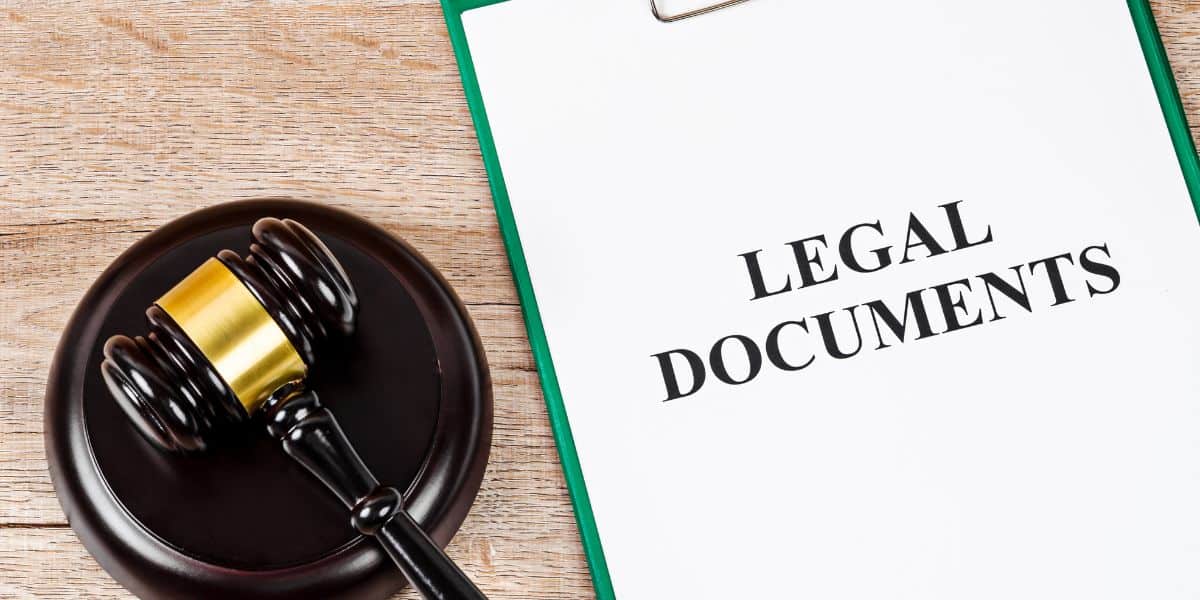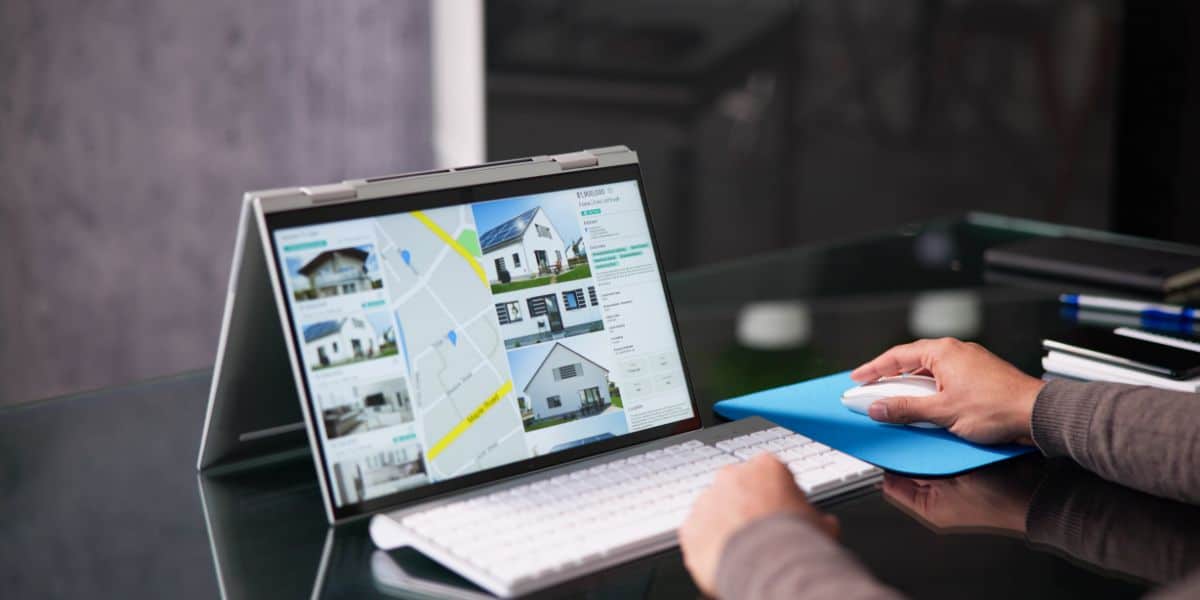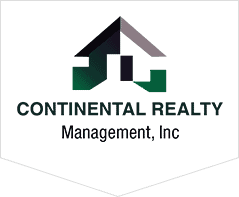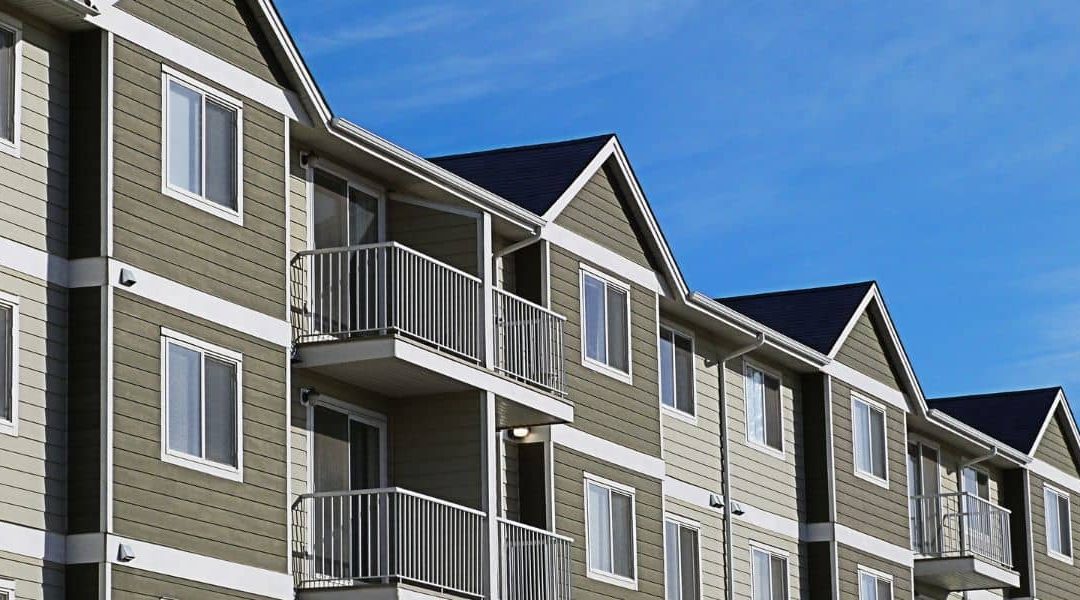Managing an apartment complex can be both a challenging and rewarding experience. From overseeing the day-to-day operations to ensuring the satisfaction of your tenants, a lot goes into the successful management of a multifamily property. This ultimate guide is designed to help property managers and anyone aspiring to enter the field of real estate management understand the intricate details of running an efficient and profitable apartment complex.
Understanding the Role of a Property Manager
Before diving into the specifics, it’s crucial to understand the broad role of a property manager. Property management involves the operation, control, and oversight of real estate. For an apartment complex, this encompasses:
- Maintaining the property
- Tenant relations
- Leasing and rent collection
- Financial management
- Compliance with regulations and property laws
- Marketing the property
- And much more
A successful property manager is a proactive problem-solver with excellent interpersonal skills. They must multitask and coordinate with various individuals, from maintenance workers to tenants and property owners.
The Basics of Apartment Complex Operations
Staffing Your Property Management Team
To begin managing an apartment complex, you must assemble the right team. Determine how many staff members you’ll need based on the complex size and your budget. Essential roles include leasing agents, maintenance technicians, and administrative support.
Establishing Operating Procedures
Develop clear operating procedures for all aspects of your complex, from handling tenant complaints to conducting regular property inspections. These procedures will ensure consistency and efficiency across your team’s operations.

Budgeting and Financial Planning
Prepare a thorough budget that includes expected income, operating expenses, and a reserve for contingencies. It’s vital to have a solid financial plan to avoid cash flow problems and to plan for future maintenance and property improvements.
Maintaining Your Apartment Complex
Property Upkeep and Renovations
Regular maintenance is vital to preserving the value of your property. Develop a maintenance schedule for routine tasks, such as HVAC system checks and landscaping. Plan and budget for more extensive renovations, such as updating common areas or improving the energy efficiency of the complex.
Emergency Planning and Response
Create an emergency plan that outlines procedures for various scenarios, including natural disasters and building malfunctions. Ensure your team is trained to respond to emergencies quickly and effectively.
Pest Control and Sanitation
Implement a pest control program to keep your property free from infestations. Additionally, maintain high sanitation standards in common areas and proactively address any sanitation concerns in individual units.
Navigating Tenant Relations
Leasing and Application Processes
Streamline your leasing process to make it as convenient as possible for potential tenants. Ensure your application process complies with fair housing laws and thoroughly screens applicants to find reliable tenants.
Handling Tenant Complaints and Disputes
Have a system in place for recording and addressing tenant complaints promptly. Develop a strategy for resolving disputes while maintaining a positive relationship with your tenants.

Tenant Retention Strategies
Develop strategies to keep your tenants satisfied and prolong their lease agreements. This might include offering amenities, being responsive to their needs, and implementing renewal incentives.
Marketing Your Apartment Complex
Defining Your Target Market
Identify the demographics of potential tenants in your area. This will help you tailor your marketing efforts to reach the right audience.
Creating a Marketing Plan
Put together a comprehensive marketing plan that includes online and offline strategies. Utilize digital marketing tools, such as social media and search engine optimization (SEO), to increase your property’s visibility.
Showcasing Your Property’s Unique Features
Highlight the unique features of your complex, such as proximity to public transportation, in-unit amenities, or community services. Use professional photography and virtual tours to market your property effectively.
Legal and Regulatory Compliance
Understanding Property Laws and Regulations
Stay informed about federal, state, and local regulations that affect your property. This includes landlord-tenant laws, building codes, and zoning ordinances.
Document and Recordkeeping
Maintain accurate records of all legal documents, such as leases, permits, and insurance policies. Organize your paperwork to access and provide necessary documentation when needed quickly.

Compliance Inspections and Reporting
Regularly assess your property for compliance with regulations. Be prepared to address any issues and provide documentation if local authorities inspect you.
Enhancing Safety and Security
Crime Prevention and Safety Measures
Work with local law enforcement and community resources to implement crime prevention measures. Consider security systems, lighting enhancements, and neighborhood watch programs.
Tenant Safety Training and Communication
Provide your tenants with resources and education on personal safety. Establish clear communication channels for reporting safety concerns to management.
Developing Fire and Life Safety Plans
Draft and maintain fire and life safety plans that comply with local fire codes. Conduct regular drills and update your plans as needed.
Leveraging Technology
Property Management Software
Invest in a property management software system that can help streamline your operations and keep your team organized.
Smart Home Technology
Consider incorporating smart home technology in your units to provide convenience and attract tech-savvy tenants. This might include keyless entry systems, thermostats, and security cameras.
Online Accessibility
Maximize online accessibility for your tenants and potential applicants. Provide online rent payment options, a tenant portal for communication, and a responsive website for property listings.

The Importance of Community Building
Organizing Resident Events
Plan and host regular events to foster community among your tenants. This could include holiday parties, fitness classes, or networking mixers.
Involvement in Local Organizations
Engage with local organizations and community groups to build relationships and actively participate in the neighborhood.
Encouraging Social Responsibility
Promote a culture of social responsibility through environmental initiatives, charity events, or local volunteer opportunities for your tenants and staff.
Future-Proofing Your Investment
Staying Up-to-Date with Market Trends
Monitor real estate market trends to make informed decisions about your property. Stay alert to changes in demographics, local economics, and housing demand in your area.

Investing in Sustainable Practices
Consider adopting sustainable practices to reduce your property’s environmental impact and attract eco-conscious tenants. This might include energy-efficient appliances, recycling programs, and water-saving technologies.
Planning for Growth and Expansion
If your long-term goals include growing your property portfolio, start planning for expansion early. This might involve refining your property management processes, securing additional financing, and identifying potential investment opportunities.
Continuous Education and Professional Development
Networking with Industry Peers
Join professional organizations and attend industry events to build a network of peers. Networking can provide valuable insights and support as you grow in your role.
Seeking Additional Training and Certifications
Consider pursuing additional training or certifications related to property management. This can enhance your credibility and open up new opportunities for advancement.
Keeping Abreast of Best Practices
Stay current with the best practices in the property management field. Read industry publications, participate in webinars, and engage in ongoing learning to continuously improve your skills.
Conclusion
Effective management of an apartment complex requires strategic planning, strong leadership, and a commitment to providing a safe and enjoyable living environment for your tenants. Property managers can build a successful, sustainable, and thriving multifamily community by focusing on the core areas outlined in this guide. Remember, the key to success in property management is not only what you know but how you apply that knowledge to create a place tenants are proud to call home.


Recent Comments